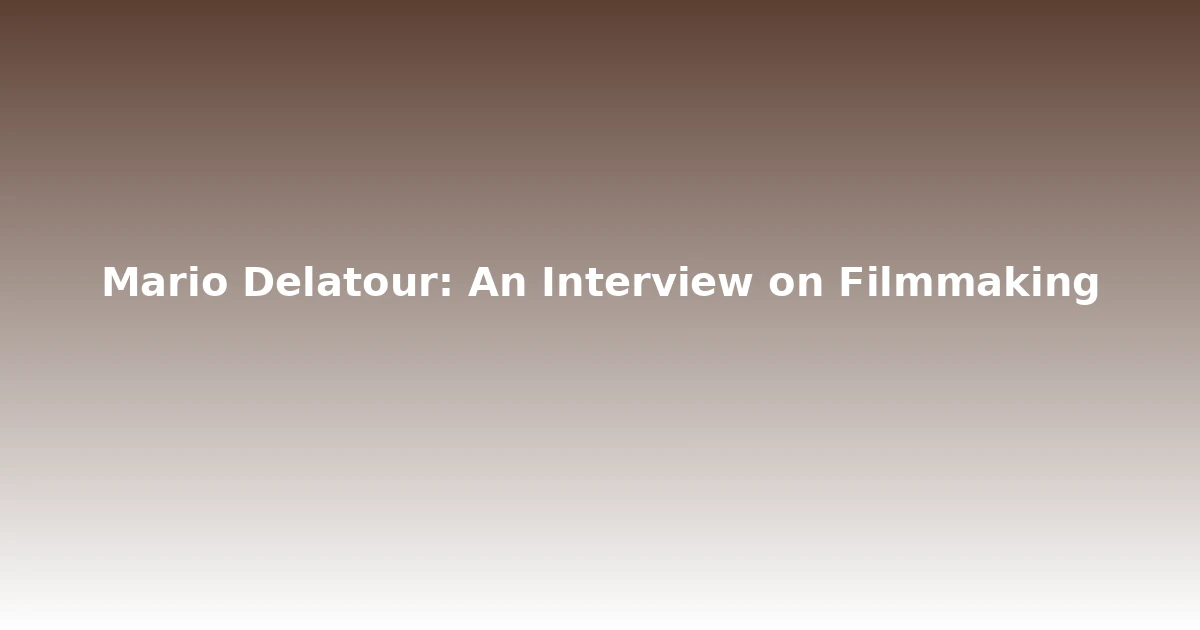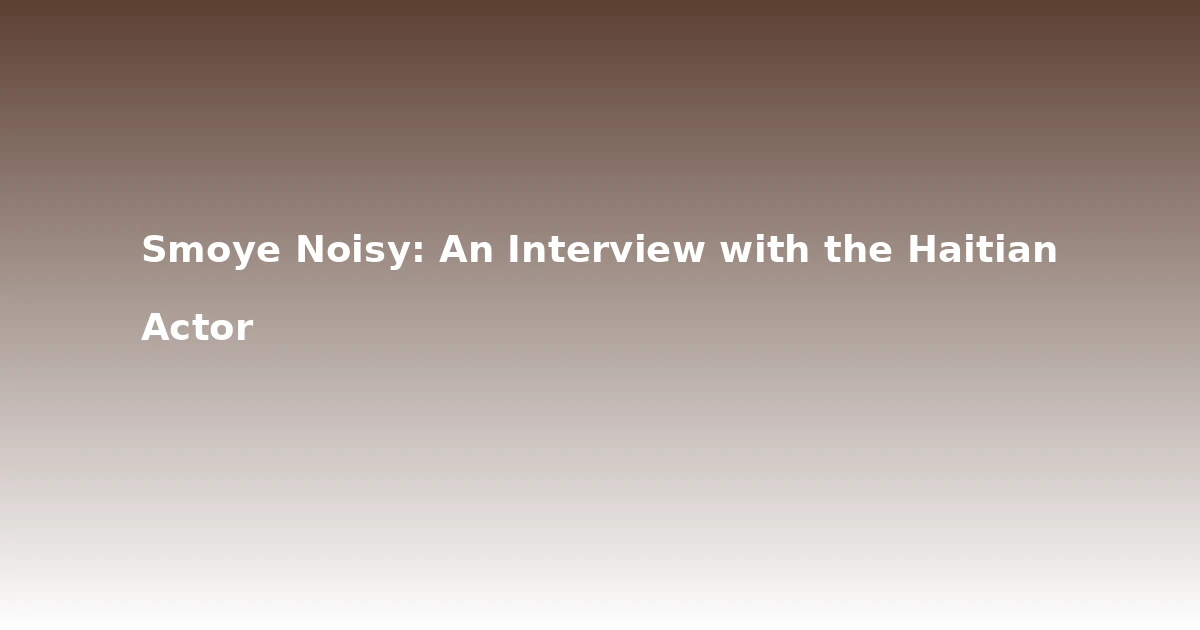Nathalie Cerin has been singing all her life, but it wasn’t until 2009 that the singer-songwriter-performer decided to seriously pursue a career in singing. Talie, as she calls herself on stage, is Haiti-born and raised, but is pretty much a Philadelphian. Her creativity goes beyond songwriting; one of the fiction pieces was recently anthologized in the book So Spoke the Earth. She also plays the guitar.
The singer-songwriter-guitarist has a BA in music, and is currently pursuing a graduate degree in Multicultural Education. Yes, she sings, but beyond the stage, she strives to be an intellectually-stimulated soul. Her stage presence is reminiscent of that of Joan Armatrading, the folksy-jazzy singer from the 1970s era.
Her vocals? It’s hard to really pin-point her voice and draw comparisons. Maybe Talie can only be compared to, well, Talie.
While she has been known for , Talie’s even more at home singing : like “Ti Nèg Shèlbè” and “Bèl Tifi” At the crux of the song “Ti Nèg Shèlbè” lies every woman’s nightmare: unrequited love. Wouch! The song is also about lust at first sight, and just plain admiring manly beauty.
The song also touches upon gender role reversals. “Bèl ti gason, mwen wè se pou li tèt mwen ap pati/Sanble fwa sa m’ pral f’on deklarasyon! (Ooh, that fine boy/I’m going ballistic over him/Looks like this time around I’m going to have to tell him about my feelings). “Don’t do it girl! Don’t do it!” says the old-fashioned voice. “Go for it, go for it,” says the hardened feminist. The narrator’s confidence wanes and uncertainty comes into play.
Podyab. “Tout kò’m komanse swe/Si li tonbe ri’m, li pa twouve’m bèl tifi,” reads the next set of lyrics [I’m sweating all over/What if he laughs at me/What if he doesn’t think I’m that pretty]. The song leaves the listener with a cliffhanger. But judging from all the vacillation that goes on from verse to verse, most likely the narrator decides to keep her feelings pent up. The Ti Nèg Shèlbè will never know how much he is admired; at least he won’t hear those words from that particular girl.
Check out the dope bridge at 1:25. The singer is practically doing vocal somersaults. Both songs are produced by beatmaker Poppy Duverne, who it turns out, has done a lot of production work; but Talie’s tracks are my first introduction to his work.
“Bèl Tifi” rings to the ear as the Haitian answer to India Irie’s song “Video” and singer Cherokee’s “I Love You…Me”. Self-love isn’t something that’s explored too much in Creole-language songs. Haitian women are so devalued at times, in spite of the fact that they are the stronghold of the Haitian community.
And that devaluation often begins with the self.The lyrics depict a self-abhorring individual, who looks in the mirror and cannot manage to find anything to love. But as the lyrics indicate, the said individual’s reliance on others opinion of herself is slowly (but surely) corrupting her view of herself. A self-esteem that starts out weak in the beginning, slowly decays into negative self-talk, and bad self-image.
A song like “Bèl Tifi” should become many a woman’s self-love, self-esteem-raising anthem. How many of us look in the glas, the mirror and instead of admiring every God-gifted curve of ours—the shape of our noses, the size of our breasts, our height, and legs—we frown and look disheartened.
Instead of grinning back at our reflection, we seem to say to the mirror, “Mirror, mirror on the wall, I know I’m ugly; but just thought I’d take a look.” When, in reality, we are bèl tifis.
Beyond talented, Talie is just what the Creole language music industry needs: originality, songwriting that speaks to the heart, music that cannot necessarily be pigeonholed into one category, but that attracts the ear regardless.
Q & A
Were you the type to sing in the mirror as a child, and using household items as a microphone?
I’ve been singing since before I could speak. I remember singing while looking at myself in this big mirror my parents had in their bedroom. I always wanted to be a singer.
Do you remember the first record you bought?
My parents always bought us tons and tons of CDs. For as far back as I can remember, our house has been full of records.
However, one of my earliest memories is of listening to the soundtrack of The Bodyguard as a family, and singing “I Will Always love You” at the top of our lungs.
Do you think that studying music academically has helped you in terms of vocal delivery and understanding songwriting structure?
Studying music definitely gave me a better understanding of how to write a song. It helped me develop a better ear for music, which makes me very critical of my own work.
Who are your influences?
I am influenced by musicians from many cultures and genres. However, some of my all time favorites are Lauryn Hill, Asa, Emeline Michele, India Arie.
What inspired “Bèl Tifi”?
“Bèl Tifi” contains an important message that’s very close to my heart. I was inspired by many of my own insecurities, and those of fellow women around me. We sometimes don’t like what we see in the mirror, however some of those things we call flaws are often what makes us beautiful.
Dark skin, coarse hair, wide hips aren’t things to be ashamed of, they are beautiful. It also calls for girls to look beyond those physical attributes, and focus on what is most beautiful about them: Eyes for discernment, ears for understanding, a spirit for wisdom, and a heart that loves.
“Ti Nèg Shèlbè” is more than anything an ode to unrequited love. Have you ever been in such a situation?
I would not so much describe the situation in “Ti Nèg Chèlbè” as unrequited love, but silent admiration. I think every woman has had a Ti Nèg Chèlbè moment.
You walk into a party, and there he is, he catches your eye, but you don’t know just how you can approach him. So many thoughts go through your head, and in the end, you just wait and hope that you catch his eye.
Poppy Duverne produced the track. How did you two connect?
I actually met Poppy as a child. My mother used to direct the youth choir at church, and he was one of the members.
I was much too young join, but I used to watch as they rehearsed every week, hoping to one day sound as good as them. I reconnected with Poppy last year some time when I stumbled across his music. He’s very talented, and it was a pleasure working with him as a producer.
Do you remember your first ever performance?
My first performance was at church, I was about four years old singing the solo for the children’s choir. I had all the confidence in the world at the time. Somewhere along the line, I lost that confidence.
I spent much of my teen years avoiding the stage because my stage fright was absolutely unbearable. It wasn’t until I stepped on a stage in 2009 to sing my own music—that I composed—that I was able to overcome my fear of performing.
Reba McIntire once said, “For me, singing sad songs often has a way of healing a situation. It gets the hurt out in the open, into the light, out of the darkness.” Do you find music to be therapeutic?
Music is absolutely therapeutic. After a heartbreak, or a disappointing day, there is absolutely nothing that can make me feel better than picking up my guitar and singing.
There are studies that show that years in the U.S. [when] times are harder—economically, politically—the songs that top the billboard charts tend to be more meaningful in content, slower more soothing melodies. Everyone, whether consciously or not, finds comfort in music, either playing it or listening to it.
In the past couple of years, the music industry has seen so many changes: the record sales slump, the decreasing reliance on record labels, and the continued rise of the digital industry, among other developments. Do you think they’re all for the better?
The digital industry has completely changed the game when it comes to music. Someone can literally make a career for themselves via YouTube and Soundcloud.
I am grateful for this revolution, because I am able to reach an audience even though I don’t have some kind of huge record deal. The internet also allows me to discover new music that I otherwise would have never come across.
Some feel that YouTube and social media has made it more easier for the unscrupulous to rip off songwriters, and that it can encourage copyright infringement. What are your thoughts?
People have been covering songs long before YouTube and other social media. I think it’s unrealistic for songwriters to wish for people to not want to interpret their music.
If anything, it attests to the quality of their songwriting. However, there is a clear difference between covering a song and clearly giving the author credit, and parading someone’s song as your own. We can only hope that folks will be honest, and do our best to protect our own art’s integrity.
You play the guitar. Do you develop most of your melodies on that instrument?
I play the guitar. I started learning in 2009.
I also play the piano; I started playing piano at the age of seven. Most of my melodies are developed in my head, and later accompanied by the guitar.
What do you hope to accomplish over the course of your career?
My music is very intimate to me. The creative process is something that really comes from my heart. When I perform, or publish a song, I’m basically opening up and sharing a piece of my heart with other people. Hopefully, people will find as much comfort and enjoyment in listening to it as I do in creating in it.
https://www.youtube.com/watch?v=I84FOgmidgk
Show your support for Haitian talent, by
Photos: Artist and
Last Updated on December 2, 2025 by kreyolicious



